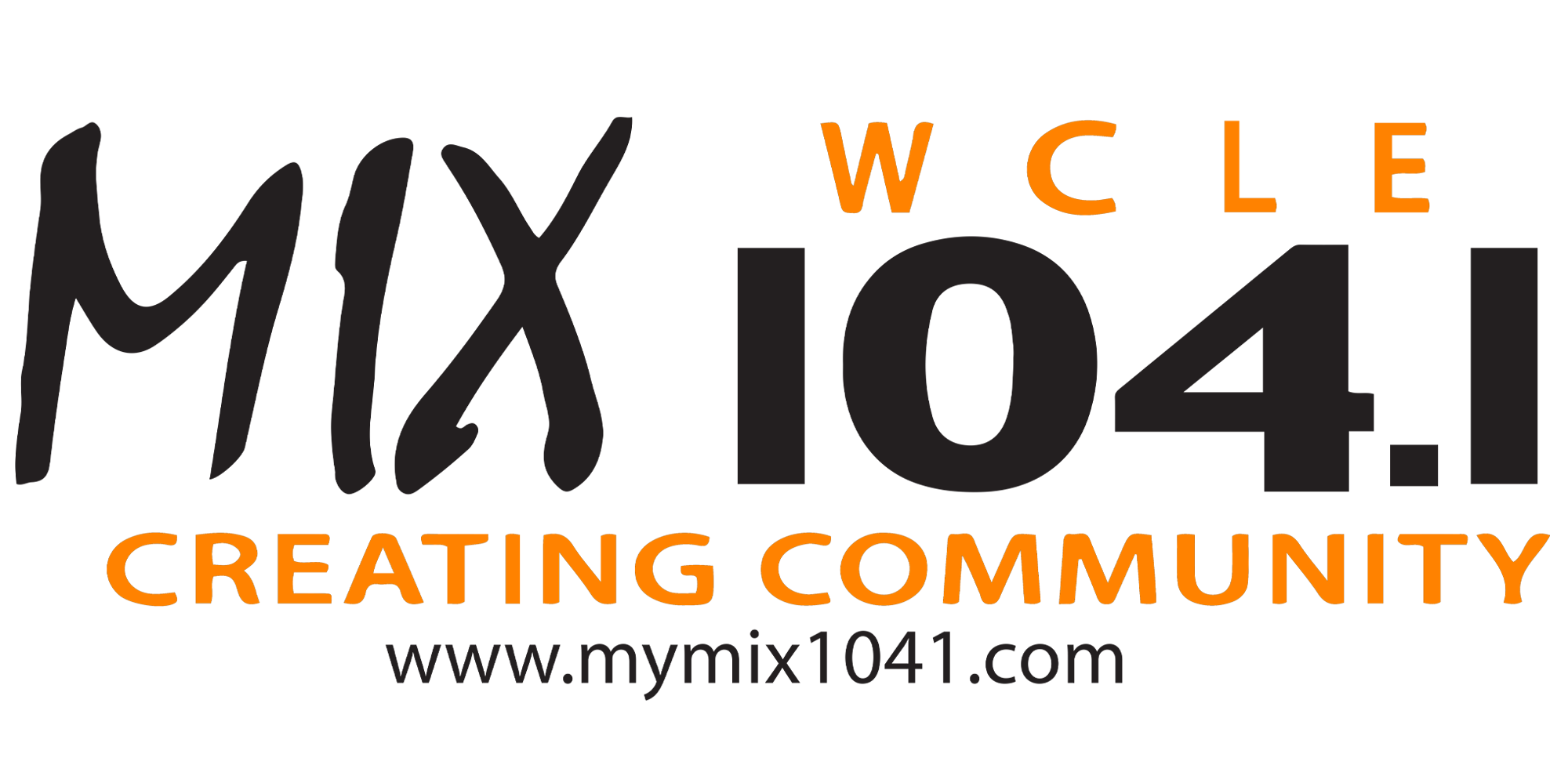From the Cleveland Daily Banner: With a new law in place requiring all governing bodies in the state to allow time for comments from the public, t

From the Cleveland Daily Banner: With a new law in place requiring all governing bodies in the state to allow time for comments from the public, the Bradley County Election Commission voted on how this policy will be enacted.
Meeting Thursday, July 6, election commissioners looked over the new law, which went into effect on July 1: “A governing body shall, for public meeting, reserve a period for public comment to provide the public with the opportunity to comment on matters that are germane to the items on the agenda for the meeting.”
The bill was sponsored by state Senators J. Adam Lowe (R-Calhoun) and Edward Jackson (R-Jackson).
It also notes that the governing body may “put reasonable restrictions” on the length of time allotted per speaker, how many speakers may comment and whether those wishing to speak need to give notice to the governing body in advance.
In August of 2022, concerns were raised by some county residents during communication from the audience at Bradley County Commission meetings about when the election commission meets and the perceived lack of ability to speak at those meetings.
One of the residents, Debra Gleason, asked the county commission on Aug. 22, “Why are we put at arm’s length (by the election commission)? Why are we not considered important enough that we can sit down and intelligently talk and discuss the problems that we have definitely seen?”
After the county commission voted to request the election commission post its agendas and meeting times with appropriate notice, the election commission obliged.
Even before the county commission’s request, those who wished to speak during election commission meetings could request to be placed on the agenda ahead of time.
The election commission noted this opportunity to be placed on the agenda was never taken advantage of.
In light of the new law, many election commissioners were pleased to have a structure to abide by.
“I think this is a very reasonable policy,” Travis Henry, election commission chairman, said. “I think it’s good to have some clarity around (public comment).”
Four key elements of this policy were determined by the election commissioners:
• Where would the public comment portion of meetings be placed on the agenda?
• How many members of the public may speak?
• For how long may each individual speak?
• How does one sign up to speak at an election commission meeting?
Commissioners determined the beginning of meetings would be the best moment for comments from the public, allowing the public to weigh in on matters before they are voted on.
They also decided there should be no more than four members of the public allowed to speak, with each having a maximum of three minutes to address the election commission.
Lastly, the commissioners determined it “will utilize a physical sign-up sheet to be made available before the meeting begins for any person who wants to provide comments to the election commission. The sign-up sheet will include the name, address, topic on the agenda the speaker wishes to address and whether the speaker is for or against the agenda item, if applicable.”
The election commission approved these parameters for the public comment policy unanimously.

